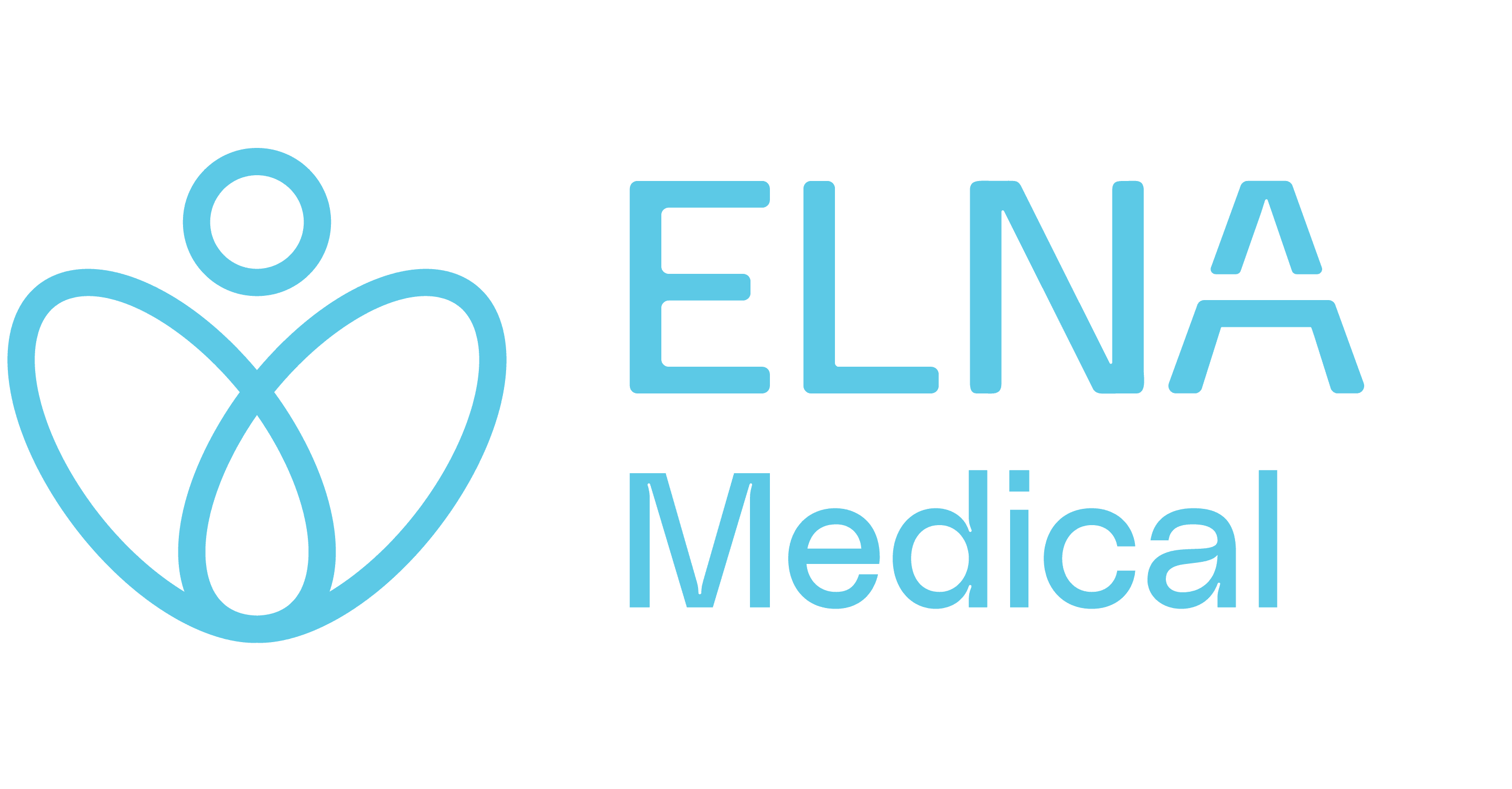Heart palpitations are often benign, but can also indicate important cardiac pathologies. So it’s important to know what to do about palpitations, and when you should seek medical advice. Read on to find out more.
- What causes heart palpitations?
- How can heart palpitations be prevented?
- What to do in the event of palpitations?
- What medical examination should I have?
For more information on specific pathologies or treatments, please seek professional advice.
What are heart palpitations?
Heart palpitations are characterized by abnormal heartbeat sensations, which may include rapid, strong or irregular beats. They can be felt in the chest, throat or neck.
There are two types of palpitations:
- Tachycardia, characterized by rapid, regular heartbeats.
- Ventricular extrasystole, an abnormal heartbeat that disrupts the cardiac rhythm and gives the sensation of a “missed beat”.
Palpitations may be accompanied by other symptoms such as anxiety, pain, chest tightness, shortness of breath, hot flushes or night sweats.
What are the causes?
Although often triggered by a variety of benign factors, heart palpitations can also indicate underlying heart problems. The most common causes are:
- Stress and anxiety: Emotional stress and anxiety can trigger heart palpitations in some people.
- Sport : Intense physical exercise can cause palpitations, although in most cases this is harmless.
- Caffeine or stimulants: The caffeine found in coffee, tea, energy drinks and other stimulants can cause palpitations in some people.
- Smoking: The nicotine in tobacco products can stimulate the heart and cause palpitations.
- Alcohol and drugs: Taking these substances can dilate blood vessels and increase heart rate, which can lead to palpitations.
- Dehydration: Lack of hydration can cause a decrease in blood volume, which can lead to palpitations in some people.
- Pregnancy or menopause: Hormonal changes put extra strain on the heart and can create palpitations.
- Medication: Some medications, such as bronchodilators for asthma, decongestants, ADHD medications and some antidepressants, can cause palpitations as a side effect. Before starting a new treatment, ask your health-care professional about possible side effects.
- Heart disease and disorders Conditions such as angina pectoris, pulmonary embolism, arrhythmia (atrial fibrillation) and heart failure can cause palpitations.
In the event of frequent or severe palpitations, accompanied by other symptoms such as dizziness or chest pain, it is important to consult a doctor or cardiologist for a thorough examination.
How can you prevent heart palpitations?
The best way to avoid heart palpitations is to adopt a healthy lifestyle that limits all the risk factors that may cause them. Choosing a balanced diet, drinking enough water, limiting coffee, alcohol and tobacco, and exercising regularly are simple health principles that can limit heart disease. To manage stress, breathing exercises, relaxation, meditation, yoga and other techniques can help reduce palpitations caused by emotional stress.
If you are taking medications that can cause palpitations, talk to your doctor to see if there are alternative treatments or dosage adjustments. If you have a history of heart disease or experience frequent or severe palpitations, consult a health care professional for a thorough examination.
What to do in case of heart palpitations?
In the event of heart palpitations, here are a few steps to follow:
- Calm down: Try to stay calm, sit or lie on your back and breathe deeply to help relax your body and reduce your heart rate.
- Avoid triggers: If you know what triggers your palpitations, try to avoid them for the next hour or so. This can include caffeinated drinks, smoking, alcohol, sport, etc.
- Consult a doctor: If palpitations are frequent, severe, last a long time or are accompanied by other symptoms such as chest pain, dizziness, fainting or breathing difficulties, contact a doctor as soon as possible. He or she may advise you to consult a cardiologist or have tests carried out to identify the origin of the palpitations and ensure that it’s not heart disease.

What test should I use to assess heart palpitations?
In the event of heart palpitations, your doctor or cardiologist may advise you to undergo an examination to detect abnormalities or disorders of the heart, and suggest follow-up or appropriate treatment if necessary. Several tests and devices are available.
In-home cardiac and Holter monitoring

A Holter monitor is a small, portable device based on ECG (electrocardiogram) technology that enables continuous monitoring of heart health. It records the heart’s electrical signals over an extended period via electrodes placed on the chest. The patient wears the device throughout the day during normal daily activities, including at home. The Holter test offers several advantages:
- Convenient and easy to use: Holter installation takes just a few minutes, the device is small and non-invasive, and can be used in the comfort of your own home.
- Long-term analysis: Your ELNA healthcare professional may prescribe a Holter test that monitor your heart for 24-72 hours.
- Accurate results: Holter tests can detect cardiac disorders that are not necessarily detectable during a test carried out in a doctor’s consultation.
- Remote assistance and follow-up at any time.
Clinical echocardiogram
An echocardiogram, or cardiac ultrasound, is a painless, non-invasive examination performed in a medical clinic by a cardiologist or cardiovascular technician. Using sound waves (ultrasound), the echocardiogram generates a 3D and 4D image of your heart in just 15 minutes. It enables the assessment of the functioning of the heart, valves, chambers and pericardium (the membrane that surrounds the heart) and can detect any heart failure. Find out more
Stress echocardiogram
The stress echocardiogram is designed to evaluate your heart’s reaction to stress or physical activity, i.e. when the heart tends to beat faster. The examination is based on the same technology as a standard echocardiogram. It is performed first at rest, then at different exercise intensities or using a stimulating drug. Find out more
All these examinations are private and are not covered by the RAMQ, but are reimbursed by certain private insurance companies. A medical referral is required.















